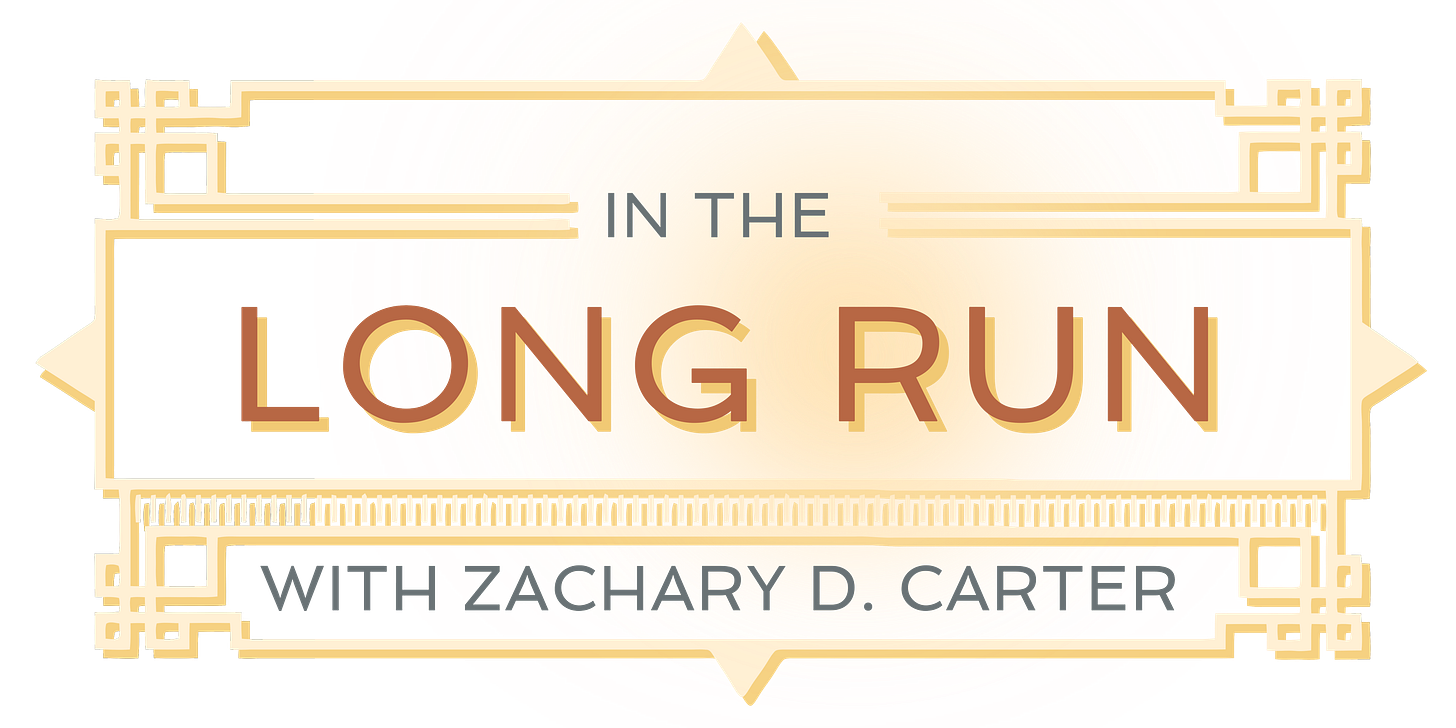The Second Death of Milton Friedman
Turning the page on a generation of dysfunction.
I’ve written the cover story for the July-August issue of The New Republic. In keeping with conventions of magazine journalism that I have never fully understood, this means that the peice is available now. The story is a long look at the life and legacy of Milton Friedman, one of the most influential intellectuals of the 20th century whose ideas, I believe, have finally run out of political steam.
It’s a long feature. I encourage everyone to read the whole thing and won’t attempt to summarize every theme of the piece here. But I do want to highlight one particular point: the secret to Friedman’s success in the world of ideas was his ability to influence American liberals — his political adversaries — rather than his conservative allies.
Friedman avoided the label “conservative” throughout his life, but there is no doubt about the direction of his political inclinations. He advised Barry Goldwater’s 1964 presidential campaign and was a friend of both President Ronald Reagan and National Review Editor William F. Buckley.
But though he became very popular with conservative intellectuals, on many key issues, rank-and-file conservative voters simply didn’t buy what Friedman was selling. The most striking case in point is on race. Throughout the 1960s and 1970s, Friedman argued that a free market economy liberated from every possible stricture of government oversight would serve as an effective way to root out racism from American society. Racism was irrational, he argued, so racist policies would put the companies that practiced them at a competitive disadvantage. When consumers favored products offered by more open-minded enterprises, bigotry and violence would fade from society.
Not many people today believe this sort of thing. But not many conservatives believed it back in the 1960s, either. Goldwater supporters didn’t back him because they expected him to wage a more rigorous crusade for racial justice than President Lyndon B. Johnson — they pulled the lever for Goldwater because they thought he would uphold the Jim Crow social order.
The most important audience for Friedman’s work wasn’t the conservative movement in which he became a star, but liberal readers. By persuading a good chunk of his political opponents that he shared their values and social goals, Friedman built support for a policy program that ultimately undermined those very liberal objectives.
Democrats never followed Friedman all the way to laissez-faire fanaticism, but they did adopt much of his economic worldview, believing it could be adapted to the party’s broader social agenda. The ring of power did not have to be destroyed, but could be harnessed for progressive purposes. And so President Joe Biden’s call to “change the paradigm” on economic policy is a very significant development. Biden may or may be able to enact the ambitious economic overhaul he has proposed — at the moment, his political inclinations on Senate procedure are really holding him back — but he and other party leaders are at least thinking clearly about economic ideas for the first time in decades.
TNR will be hosting a live zoom event on Tuesday, June 29 at 7:00 p.m. EST to discuss the decline of Friedmanism and the rise of a new economic paradigm. I’ll be joined by Felicia Wong of the Roosevelt Institute and Osita Nwanevu and Jason Linkins from TNR. You can register here.


